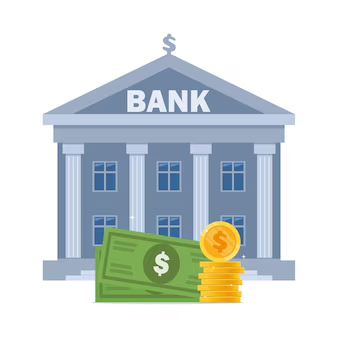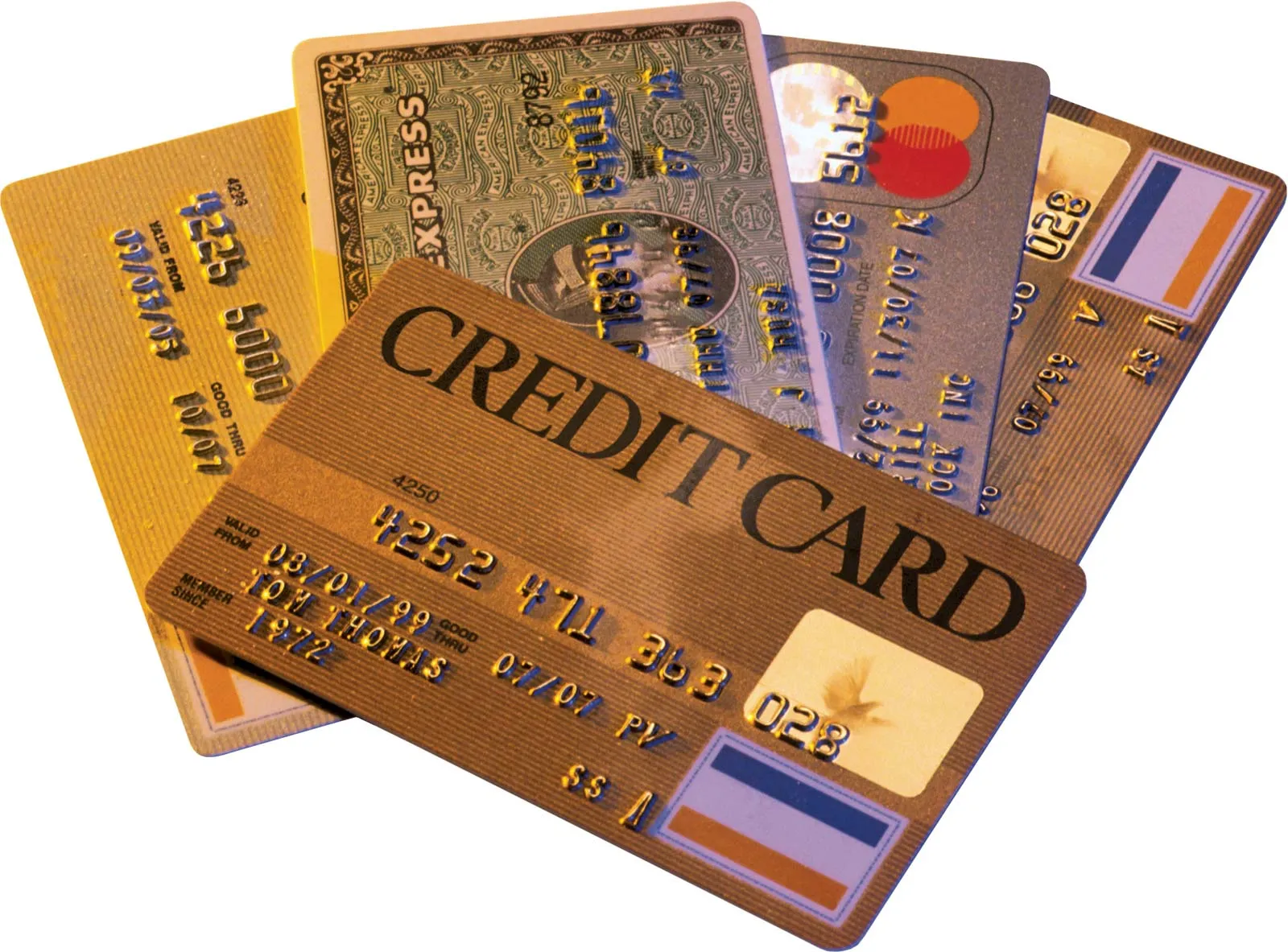First off, buying a home is a significant milestone. The journey to homeownership often feels like navigating a maze, especially when it comes to financing. From understanding various mortgage options to exploring down payment assistance programs and improving credit scores, there’s much to consider. Let’s embark on this journey together, equipping you with the knowledge needed to make informed decisions.

Home Buying Financing Options
Conventional Loans: These are the most common type of mortgages and are not insured by the government. They typically require a higher credit score and down payment compared to other loan types.
FHA Loans: Backed by the Federal Housing Administration, FHA loans are popular among first-time homebuyers. This is due to their lower down payment requirements and more lenient credit score criteria.
VA Loans: Reserved for veterans, active-duty service members, and eligible surviving spouses, VA loans offer competitive interests rates and require no down payment.
USDA Loans: Aimed at rural homebuyers, USDA loans offer 100% financing and low interest rates, making homeownership more accessible in rural areas.
Home Buying Down Payment Assistance Programs
State and Local Programs: Many states and local governments offer payment assistance programs to help homebuyers bridge the gap between savings and homeownership. These programs may offer grants, forgivable loans, or low interest loans.
Employer Assistance: Some employers provide down payment assistance or homeownership programs as a part of their benefits package to attract and retain talent.
Nonprofit Organizations: Various nonprofits and community organizations offer down payment assistance to low and moderate income individuals and families, helping them to achieve the dream of homeownership.

Home Buying Tips for Improving Credit Scores
Check Your Credit Report: Above all, obtain a free copy of your credit report from each of the three major credit bureaus -Equifax, Experian, and TransUnion- and review them for errors or inaccuracies.
Pay Bills on Time: Payment history accounts for a significant portion of your credit score. Set up automatic payments or reminders to ensure you never miss a payment.
Reduce Credit Card Balances: Aim to keep your credit card balances below 30% of your available credit limit. Paying down existing debt can improve your credit utilization ratio and boost your score.
Avoid Opening New Accounts: Opening new credit accounts can temporarily lower your credit score. Hold off on applying for new credit cards or loans while you’re in the process of buying a home.
Diversify Your Credit Mix: Having a mix of credit accounts, such as credit cards, installment loans, and a mortgage, can positively impact your credit score. However, only pursue credit accounts that you truly need and can manage responsibly.
Conclusion
All in all, navigating the complexities of home financing, down payment assistance programs, and credit scores can be daunting, but with the right knowledge and resources, you can confidently embark on your home buying journey. Take time to explore your options, seek guidance from trusted professionals, and prioritize financial health to secure the keys to your dream home. Remember, the path to homeownership may have it’s twists and turns, but with informed decision making, you’ll reach your destination.
Additionally, for more information visit: http://pncmortgage.com/rockykobel
Visit our website to begin your journey: https://www.taylorbroker.com/res-buyer/

Leave a Reply